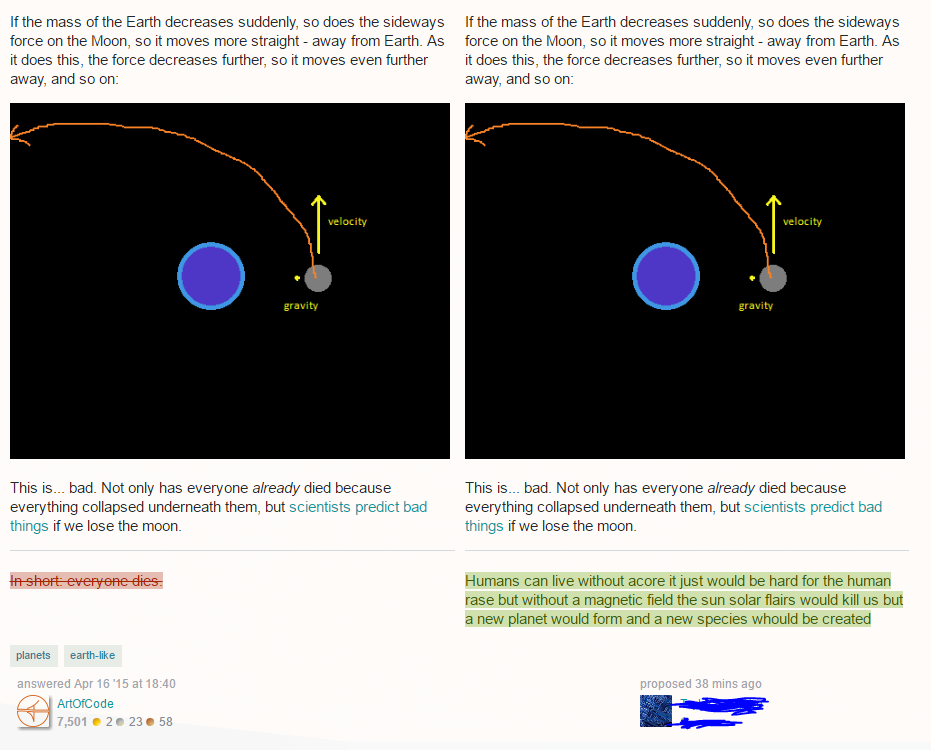An edit is in the queue at the time of me writing this, but I'm using it as an example and not asking about this specific edit.
I'm actually not knowledgable about this subject to judge this edit, but let's say I was, and I agree that The proposed edit was correct, and improved the accuracy of the answer.
Alongside this consideration, one of the reasons to reject an edit is (emphasis mine):
no improvement whatsoever This edit does not make the post even a little bit easier to read, easier to find, more accurate or more accessible. Changes are either completely superfluous or actively harm readability.
And, additionally, the Help Center lists that the priviledge of editing questions and answers should be used in the case of (among others):
to correct minor mistakes or add addendums
To me, individually, editing a post to correct what I see as an error in the author's post rubs me the wrong way, but by the letter of the WB.SE law it appears to be not only acceptable, but implied to be encouraged.
What is the correct approach to both:
- Deciding if one should make edits to answers to correct (what one views as) mistakes?
- Approving or rejecting proposed edits that attempt to correct mistakes?
Is this something we want to, as a community, find acceptable and encourage?

